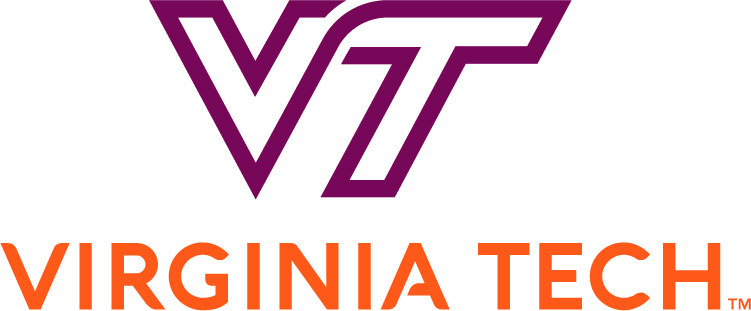In a recent Washington Post op-ed Virginia Tech medievalist Matthew Gabriele notes “calling the proposed 700 to 1,200 mile border wall “medieval” is deeply misleading because walls in the actual European Middle Ages simply did not work the way Trump apparently thinks they did. If anything, their true function may speak to Trump’s intentions: Poor tools of defense, medieval walls had more to do with reassuring those who lived inside them than with dividing self from other.”
Quoting Gabriele from op-ed
“The walls were indeed a defense against any potential common threat, but the world inside those walls offered refuge for all who needed it. The gates were there not to keep them out, but to allow them in.”
“In this case, as in many others, calling something “medieval” often reveals more about what we think about our own world than what we know of the Middle Ages. “
“We should probably say the proposed wall on the U.S. southern border is much more “modern” than “medieval.” After all, real medieval walls may have closed temporarily to ward off the uncertainty of a world without electric light, but they always reopened the following morning to welcome in those who sought refuge.”
Gabriele is a Professor and Chair of the Department of Religion and Culture at Virginia Tech. He has a Ph.D. in history from the University of California, Berkeley and has authored four books on the middle ages and his research focuses on religion, violence, nostalgia, and apocalypse in both the medieval and modern worlds. Visit his bio page here.
As well as occasionally writing op-eds for the Washington Post, Gabriele is a Forbes contributor and his expertise has also been featured on CNN, NBC News, Quartz, Christian Science Monitor, New Republic, Religion News Service, WVTF RADIO IQ (Virginia NPR affiliate), and WSET (Virginia ABC affiliate).
Schedule an interview
To secure an interview, email Ceci Leonard or call 540-357-2500 in the Media Relations office.
Our studio
Virginia Tech's television and radio studio can broadcast live HD audio and video to networks, news agencies, and affiliates interviewing Virginia Tech faculty, students, and staff. The university does not charge for use of its studio. Video is transmitted by LTN Global Communications and fees may apply. Broadcast quality audio for radio is transmitted via ISDN.
